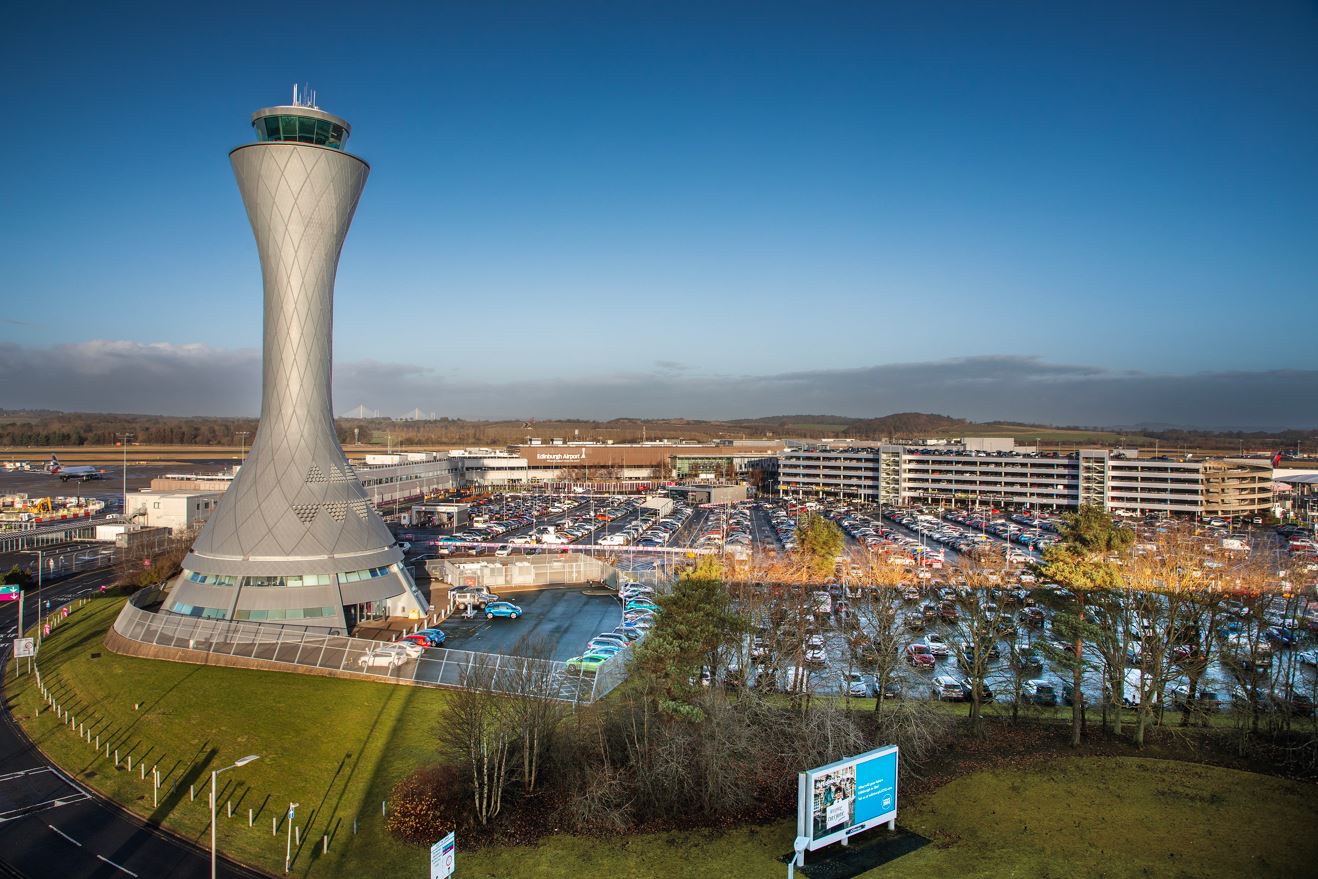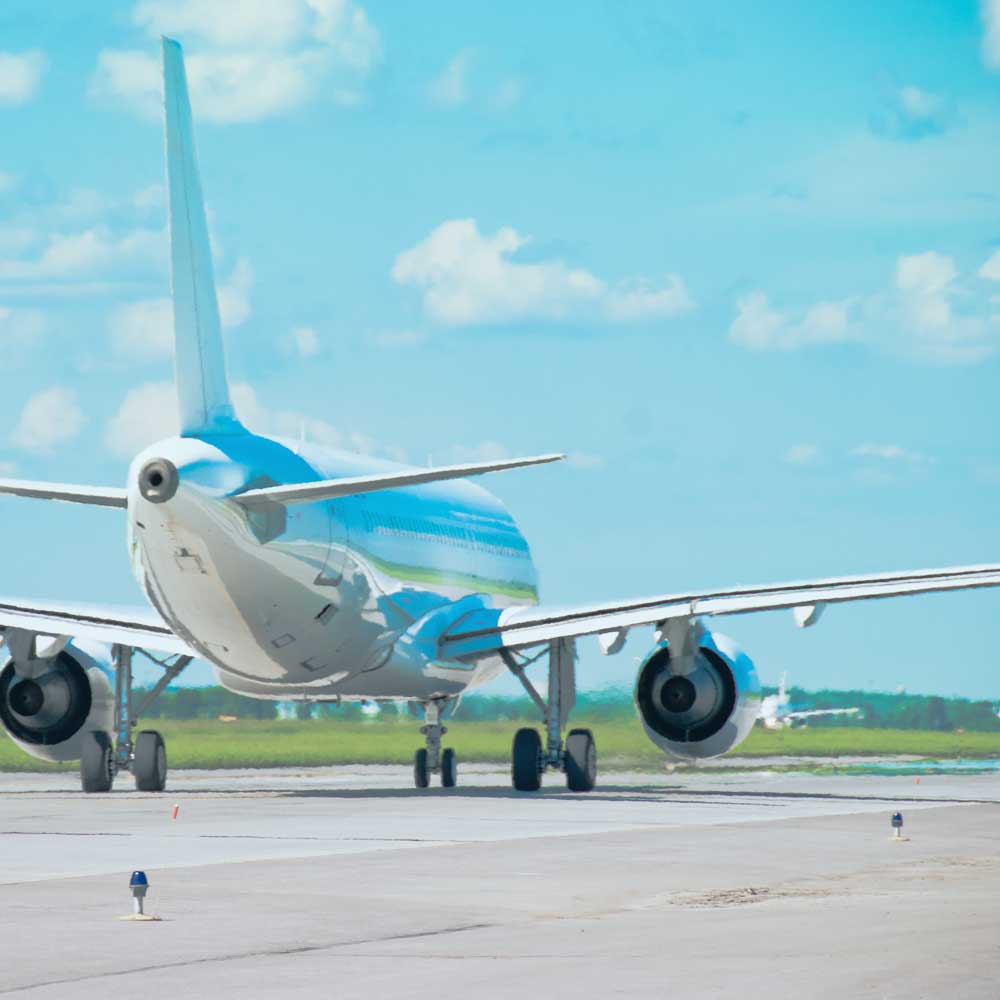More than nine billion passengers take to the skies worldwide for business or leisure travel, passing through the hundreds of airports scattered around the planet’s cities. One would expect that airports’ revenue is booming. But this is not the case. What is causing the decline in airport revenue, and is there a way to simultaneously boost revenue and improve the passenger experience?
A combination of the rise of Uber, long security queues that cause passenger fatigue and boring shops in the wrong places are causing a drop in parking income and passenger spending. This lack of revenue-generating potential, coupled with already-squeezed capacity impacting airports’ ability to grow aeronautical revenue, makes future income growth doubtful.
Many airports, however, are bucking this trend. In addition to terminal expansions, forward-thinking airports invest in technology that uses passenger flow, airline data and airport operations to support more flexible business and retail models. This way, they’re running leaner operations and boosting non-aeronautical revenue, leading to increased profits and more satisfied customers.
New design focus extends to the airport experience
One of the biggest impacts on airport retail revenue is lengthy queues – passengers are stressed and tired, and their in-airport dwell time is considerably shorter, two factors that together result in reduced spending. Veovo research has shown that relaxed and satisfied passengers regularly spend up to €0.20 per minute at airport concessions after passing through security, but this can be reduced by as much as 30% following a delay of just ten extra minutes at security.
In response, several airports, including Gatwick, have placed customer experience at the centre of their strategy to improve passenger satisfaction and increase revenue.
One of Gatwick’s investment priorities is security screening. With a flow management system, the airport can manage queues more effectively and reduce wait time. By connecting passenger flow information with flight data, the airport can efficiently and accurately forecast passenger volumes and allocate staff to high-traffic areas to prevent potential bottlenecks.
Attracting additional routes in Ireland
One obvious path to boosting revenue is increasing the number of flights and passengers. Dublin Airport, one of the fastest-growing airports in Europe over the last decade, is a master at using creative incentives to attract airlines and increase routes per airline.
Thanks to technology-enabled flexible billing practices, the airport operator DAA has created discounts and incentives to win new business, including growing the lucrative transatlantic transfer market. For busy airports running at near maximum capacity, the ability to incentivise the uptake of off-peak slots and remote stands is highly effective at squeezing the most value possible from existing infrastructure.
High growth from down under
In a region of rising stars, Auckland Airport shines the brightest. Not only is Auckland’s aero revenue increasing in line with more flights and passengers, but retail income growth has been running at twice the rate of passenger growth.
Ensuring the airport runs at optimal capacity has been key to managing Auckland‘s growth in passenger numbers. The airport continues to invest in operations technology and innovation. The airport has developed a more informed and collaborative environment by sharing operational data with its partners, significantly improving airfield and terminal operations and on-time airline performance.
A local perspective at Newark Airport
Working in a considerably more regulated environment than, for example, New Zealand, airports in the USA have been able to leverage their local government influence to reshape their approach.
At Newark Airport, for example, to move away from the same old ‘boring shops’ that have led to customer apathy, the Port Authority is working with local agencies to encourage and support small local businesses opening airport stores. Tapping into a growing trend, Newark has also been looking at pop-up stores to utilise smaller spaces better or to boost revenues during peak periods.
Like Auckland, Newark has strongly emphasised optimising the use of existing infrastructure. A great example is at project to use of the airport’s Resource Management System to tackle a very inefficient reclaim belt allocation process. Rather than relying on spreadsheets and a lot of on-the-job skills, belts are automatically allocated according to real-time flight information and Newark’s business priorities, such as airline KPIs and proximity to the arrival gate, with any conflicts automatically resolved. The airport has saved hours of manual allocations and redeployments every day from this one process alone.
Unlocking the value of all airport data will reap further rewards
While these airports have taken a strategic approach to airport efficiency and revenue growth, they know that more can be done. As airport business complexity increases, the challenge is unlocking the growing volumes of data in disparate systems and silos around the airport.
Connecting concessionaire retail sales to flow, flight and operations information allows airports to better match concessions with the location. Retail stores can also tailor product offerings and promotions to match passenger profiles, increasing the likelihood of making sales. Connected data can guide day-to-day operational preferences, like allocating the most profitable flights to gates closer to shops. It can also inform commercial decisions by highlighting the more profitable airlines to target for potential route expansion.
While the ability of airports to grow revenue and improve profitability is always challenging, it is by no means impossible. By helping airports extract more value from existing resources, flexible billing and operations software boosts aero income and enhances bottom-line efficiencies, while enhanced customer experience leads to increased revenue. Reducing queue wait time and setting up exciting retail concepts in the right locations with flow management tools and concession data analysis is the key to making this happen.


